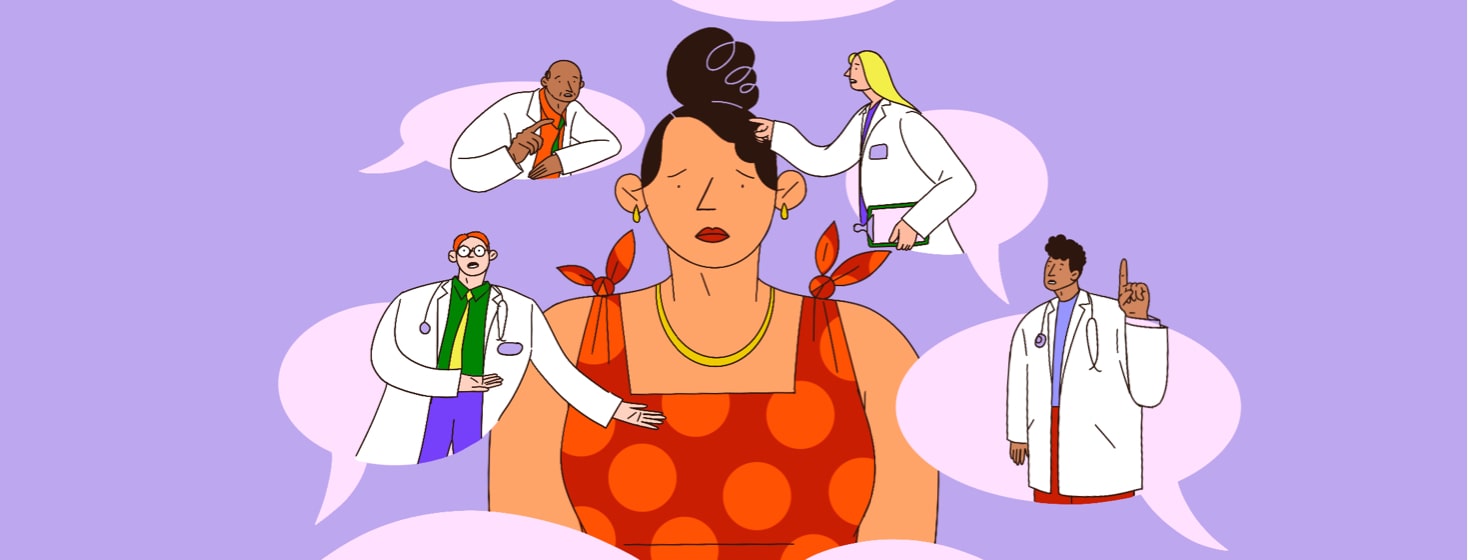Is Epilepsy a Disease or Disorder?
When I was first diagnosed with epilepsy in 2010, I just assumed epilepsy was a disease. Like cancer or heart disease, it can impact anyone and has multiple causes. But one of my doctors explained that epilepsy is considered a spectrum disorder because many epilepsy types are symptomatic, caused by other conditions like birth trauma, brain tumors, infections, and more.
Calling it a "disorder" felt less serious
Using the term disorder versus disease made me feel like epilepsy wasn't as serious as I should have taken it, and it put me in a state of denial.
Hey, it's a brain disorder, but seizures start and end within a few minutes, I have a period of confusion, and then I'm on my way.
Even a handful of serious injuries didn't deter me, like falling into a brick wall and face-planting into a hot iron. It wasn't until I lost my career following a seizure that I realized that epilepsy can take complete control of one's life.
Inconsistent terminology among epilepsy organizations
Since then, I've seen major hospitals and epilepsy organizations use the words disease and disorder interchangeably. Cleveland Clinic calls it a brain disease and the World Health Organization uses the term "chronic noncommunicable disease," while Mayo Clinic calls it a central nervous system disorder, the CDC calls it a brain disorder, and the American Association of Neurological Surgeons calls it a disorder of the brain.
In 2014, Executive Committees of the International League Against Epilepsy (ILAE) and the International Bureau for Epilepsy officially changed the definition from disorder to disease. Their viewpoint changed mine because the ILAE is the main governing body responsible for the terminology of epilepsy. I've had the privilege to meet epileptologists on their task force.
There were a few reasons for their decision, one being that epilepsy is a heterogeneous condition like cancer and heart disease, and those are called diseases. Using the word disease instead of disorder, the ILAE believes, will help the public realize how serious epilepsy is.
"Disease" conveys the seriousness of epilepsy
With so much talk about the misunderstanding around seizures and epilepsy, I agree this was a good decision. The public knows other neurological diseases like Alzheimer's disease and Parkinson's disease are very serious. I can't make the assumption everyone doesn't take epilepsy as seriously, but I do believe that putting disease into the definition helps.
Epilepsy is a chronic, life-long battle for some, while it can be cured for others, just like other diseases are. I'm fortunate to have had a successful brain surgery.
Every patient can have their own definition of epilepsy
I do know it's a hot topic of discussion around people with epilepsy, though, and some believe disorder should be used, and I respect that choice. Everyone lives with epilepsy in different ways. Seizures triggers, auras (or no auras), medication doses, and treatments all vary from person to person, and so too do their lifestyles. Medication completely controls seizures for some people, but not others. Maybe some people with epilepsy have a strong support system, while others feel isolated.
In the end, I wish the term disease would have come earlier to convince me my seizures were more serious than I treated them.

Join the conversation